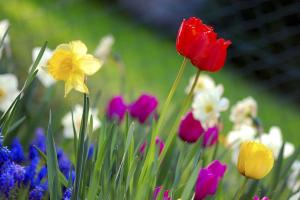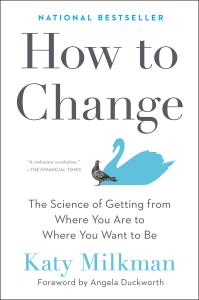Everyone has their favorite holiday, season, or time of year. I love spring. I love the softness in the air, the energy it gives me, the way my garden grows. But I really only like it when we’ve had some really cold weather so that I feel like we “deserve” spring. So the dark and cold of winter, with the lovely Christmas lights, is perfect for a good set-up for spring—as long as it doesn’t take too long. I really like it that here in Chattanooga, most years we have daffodils blooming by Valentine’s Day.
I also love a new calendar, a new semester, a new year. And I’ve learned that it is very human to like a new beginning. As a Christian, I can’t help but notice that one of the first things that our sacred text outlines is a way for humans to mark time. Genesis one makes it clear that the sun and moon and stars will be for marking the seasons. Even as God created humans, it seems clear we were meant to look back and to look ahead, to mark our lives and take note.
And it turns out that humans all over the world mark the seasons. And we don’t do this just to track the fact that it’s time to plant or move or build. We aren’t simply acting in the same way the birds do when they migrate, or bears wake up from hibernation or deer know that it’s time to find a mate. Humans need to have parties—but for no particular flight-or-fight-based reason. We make diverse traditions that fit our ecology or economy or the size of our communities. We shape our collective lives around regular celebrations, memory-holding, and feasting.
Marking our birthdays is a really human thing as well. We enjoy “big birthdays” where we mark the start of a new season and take stock of where we are. We are also quirky about the mathematics of it—we like round numbers and make meaning of decades and how one century or 10-year period is different from those around it. It’s totally arbitrary, but it helps us understand ourselves and the change over time. Because change does happen. We are different. And we hope those differences are good.
In fact, it is the fact that we keep track of our mortality, that we both enjoy and mourn the passage of time and our arc through these lives that will end in death, that makes our lives sweet. Seasonality is tied to our transience. Ephemerality is part of what makes good things precious: flowers, ice sculptures, a new car smell.
But the season we associate with the New Year has special resonance. And for a very long time, we have attached the idea of change in ourselves, new habits and resolutions, to the start of a new year. We want to be better, to leave the old behind. Historians who have evidence of New Years’ resolutions going back to the Babylonians. These early forms of the genre are almost all promises to the gods. In fact, up to the 18th century New Year’s commitments or services were connected to spiritual practices, to renewing one’s commitment to God. It wasn’t about some sort of self-help personal betterment, but a sort of re-upping one’s desire to submit to God, to pay one’s debts, to develop practices that invested us in our faith walk.
It is part of our human-ness that our seasons in life can accompany the sorts of change that we associate with “betterment.” Behavioral scientists Katy Milkman and Angela Duckworth’s How to Change has laid out some of the great research on habits they have engaged in. Along with the work of psychologists such as Wendy Wood, this new scholarship reveals that when we move, when school years begin, and the beginning of the week are all really important times for habit change. Research seems to indicate that when we are doing poorly, a new start, with a clean slate, is helpful to ending a bad streak. What a gift seasons and times of change are.
God knows this about us and throughout Scripture, God told us that we were being re-created, having a new start. God gives us a new song and says that we can forget the former things about ourselves. We need to be able to leave the old behind. Scripture is full of God’s encouragement that a new thing is being done in us. But also, there is the promise of the New Earth—a new beginning for people and Creation and even the animals. In many ways this might also be the promise of the apocalypse, the notion that everything will start over. Even those difficult things, when it feels like it is all burning down—those can be chances for God to do a New Thing. We don’t actually forget the old—humans are rememberers—but we need to feel that it isn’t always being held against us, that we have fresh starts.
Kate Bowler has captured this well in a blessing she developed recently:
Blessed are you, dear one, when the world around you has changed.
Everything is different now,
your body, your age, your relationships, your job, your faith.
The things that once brought you joy.
The way you existed in the world.
The people you love and trust and rely on.
Things have changed and it would be silly to imagine you haven’t changed with them.
You are not who you once were.
Bless that old self,
they did such a good job with what they knew.
They made you who you were,
all the mistakes and heartbreak and naiveté and courage.
And blessed are who you are now,
you who aren’t pretending things are the same,
who continue to grow and stretch and show up to your life as it really is:
wholehearted, vulnerable, maybe a little afraid.
So blessed are we, the changed.
















